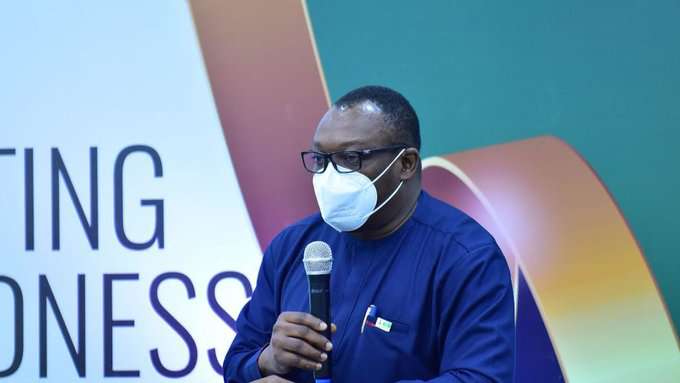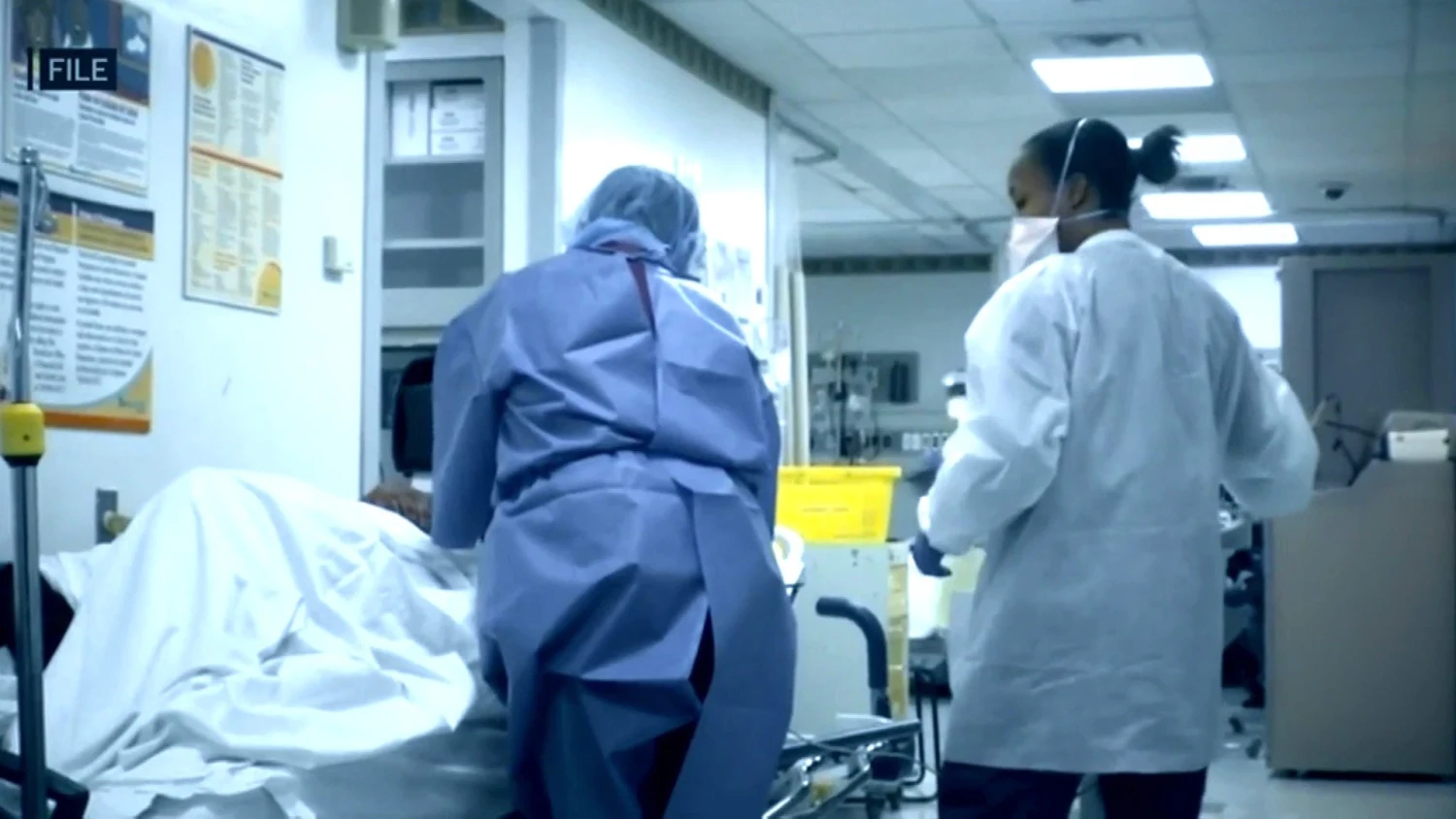Editorial
Editorial: Caution in unlocking the lockdown

Nigeria seems to be at a crossroad in the management of the COVID-19 protocols as major conflict areas and inconsistencies are apparent between the federal government, states and the general public. And we, like most other Nigerians, are concerned, because unless there are synergy and general agreement in the implementation of the fight against the virus, there could be a serious consequence for the nation.
Since the federal government announced the gradual or phased easing of the lockdown earlier imposed in April on May 4, 2020, there has been reasonable cause for concern, which prompted the Presidential Task Force, PTF, headed by Secretary to the Government of the Federation, Mr Boss Mustapha, to recommend a two-week extension of the first phase. This followed the observance of the protocols in the breach by the public.
Part of the protocols for easing the lockdown include the nationwide dusk to dawn curfew, a total ban on interstate travel, wearing of nose mask in all public places, social and physical distancing, especially in public transport and ban on large gatherings, such as worship centres. The easing was necessitated by the public outcry and security threats from the lockdown as a result of government failure to fulfil its promise of providing palliatives; as well as the growing anxiety over the impact of prolonging lockdown on the economy, particularly given the slow rate in testing.
Unfortunately, all the conditions set by the government for easing the lockdown were flouted blatantly thus raising concern among institutional stakeholders that Nigerians were indifferent to the dangers posed by the virus to themselves and the country. More alarming is the propaganda and misinformation orchestrated by some people to discredit the government and deceive the people. Such dastardly campaigns have been led by some pastors and influential people who insist that the pandemic is a hoax and nothing more than malaria; while the more ignorant alleged that it was a scheme for government to defraud.
Moreover, some state governments began to allow public gathering in worship centres at a time the number of infections is still rising. At the last count, about four states had announced unbanning of religious gathering; namely, Kano, Nasarawa, Bauchi, and Cross River, and Yobe. The case of Kano is quite distressful given that it had recorded more deaths than the country total. Cross River and Kogi are the only two states insisting that they are COVID-19 free although they have refused to test. It took the intervention of the Sultan of Sokoto, Sa’ad Abubakar to overrule them the northern states, especially on the Eid prayer to end the Ramadan.
This is completely unacceptable and expresses a failure in leadership. First, the government has lost control of the narrative to the mischief-makers, and therefore, is finding it difficult to influence public information on the issue. By not making an example of those peddling misinformation such as the pastors, the government acquiesced to its failure and public distrust. It also shows a lack of national strategy to respond collectively to the pandemic, which has virtually left the matter at the discretion of individual states unlike what is happening in other countries.
Again the federal government has failed to assert its overall power to protect the lives of Nigerians, especially where the governors appeared recalcitrant as in Kogi and Cross River. It can declare a health emergency in such states as it did in Lagos, Ogun and FCT by invoking the Quarantine Act.
Having extended the easing by two weeks, we believe that the government should be cautious is unlocking the lockdown completely except there is a good proof of public adherence and compliance with the stated protocols. This is not the best time for public opinion and politics. The government should be clear-headed about it because developments in Brazil, a country with similar population density and the climatic condition is sufficient warning that it could be worse than what we have experienced. Nigeria does not have a capacity for such mass infections and it is better to err on the side of caution.
No country in the world has eased the lockdown when the rate is still rising and the curve has not flattened. Some countries such as France that opened schools when the curve flattened are even re-imposing restrictions after noticing new spite in the rate of infections. It is quite distressing that we always choose to do the wrong things for whatever reasons. This is a matter of life and death and we are treating it like a child’s play or political gimmick.
The government should use this extension period to develop a national strategy on this and get the participation of all the states, to ensure a common approach, although recognizing local peculiarities. This is important because once interstate travel is allowed it will be difficult to control movement and its spread. So it is important to have a plan on how to check the spread before we get there. Otherwise, everything would have been an exercise in futility. Unless all Nigerians are following the same course it would be problematic to check its spread.
As the experts have said, this situation may be with us for some time to come and therefore, this call for a long term plan and deep thinking. We cannot approach this matter in the usual Nigeria manner of indifference; that would be disastrous. The PTF should redouble its efforts and provide more information to the public to convince doubting Thomases. The veil of secrecy that surrounds its management and conduct should be removed to reassure people of the reality of the situation.








